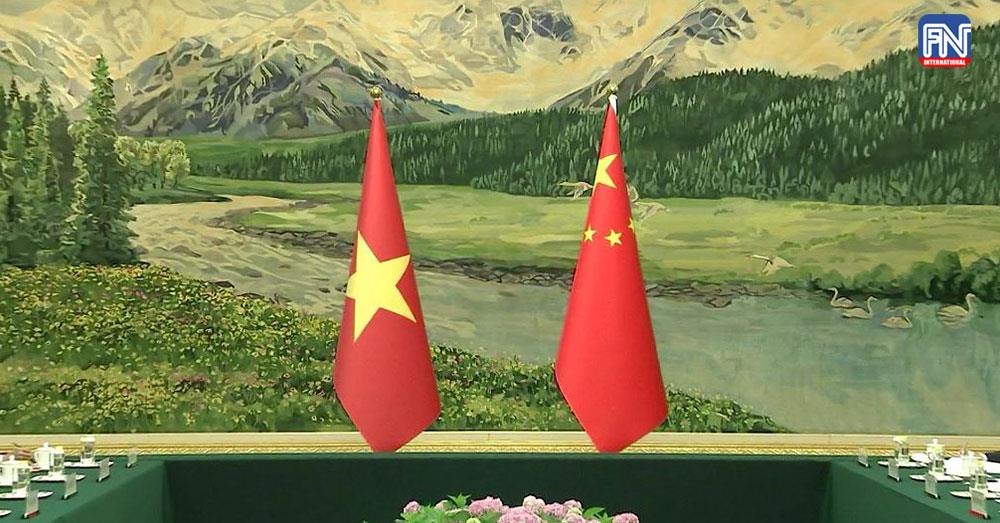BEIJING, Dec. 7 (Xinhua) – Xi Jinping, general secretary of the Communist Party of China (CPC) Central Committee and Chinese president, will pay a state visit to Vietnam from Dec. 12 to 13, foreign ministry spokesperson Hua Chunying announced on Thursday.
Xi's visit is at the invitation of General Secretary of the Communist Party of Vietnam Central Committee Nguyen Phu Trong and State President of the Socialist Republic of Vietnam Vo Van Thuong, Hua said.
Wang Wenbin, another foreign ministry spokesperson, said at a daily press briefing that after the 20th CPC National Congress last year, Xi invited Trong for a visit to China.
The two leaders jointly charted the course for the China-Vietnam comprehensive strategic cooperative partnership, Wang said, noting that this year has seen frequent high-level interactions, close exchanges between various departments and regions, and deeper cooperation in various fields, which have brought tangible benefits to the two peoples.
The world is in a new period of disorder and transformation, with increasing instabilities and uncertainties, Wang said, adding that China and Vietnam are both socialist countries and both are advancing reform and transformation that fits their respective national realities. "Greater solidarity, closer friendship and deeper mutually-beneficial cooperation is in the common interests of both sides and conducive to peace, stability and prosperity of the region and the wider world."
During the visit, General Secretary and President Xi Jinping will hold talks respectively with General Secretary Nguyen Phu Trong and State President Vo Van Thuong, and meet with Prime Minister Pham Minh Chinh of Vietnam and Chairman of the National Assembly Vuong Dinh Hue, according to Wang.
The two sides will discuss upgrading the China-Vietnam relations, focus on six major areas including politics, security, practical cooperation, public support, multilateral affairs and maritime issues, and work to deepen and substantiate the comprehensive strategic cooperation between the two countries, the spokesperson said.
This will help both countries to jointly follow their modernization paths with respective features, enrich the paths to modernization for developing countries and bring more benefits to the two peoples, he said.

Photo from China Daily